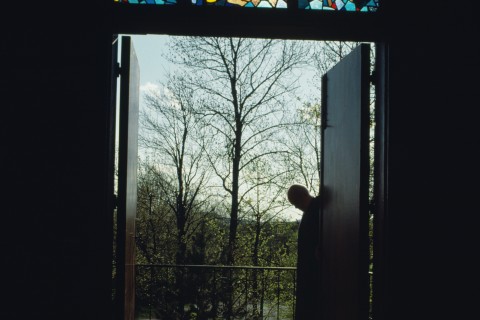Catholic bishops opposed lesbian rights in bill that protects women
A Newly authorized Violence Against Women Act, signed by President Obama on March 7, was opposed by five key Catholic bishops for fear it would subvert traditional views of marriage and gender and compromise the religious freedom of groups that aid victims of human trafficking.
Intended to protect women from domestic violence, sexual assault and human trafficking, the act allows the federal government to spend money to treat victims and prosecute offenders. But for the first time since the original act became law in 1994, it spells out that no person may be excluded from the law’s protections because of “sexual orientation” or “gender identity”—specifically covering lesbian, transgender and bisexual women.
That language disturbs several bishops who head key committees within the U.S. Conference of Catholic Bishops that deal with, among other issues, marriage, the laity, youth and religious liberty.
“These two classifications are unnecessary to establish the just protections due to all persons. They undermine the meaning and importance of sexual difference,” the bishops said March 6 in a statement from the USCCB.
“They are unjustly exploited for purposes of marriage redefinition, and marriage is the only institution that unites a man and a woman with each other and with any children born from their union,” the statement continued.
The bishops also take issue with the lack of “conscience protection” for faith-based groups that help victims of human trafficking, an addition they sought after the Obama administration decided in 2011 to discontinue funding for a Catholic group that works with trafficking victims, many of whom were forced to work as prostitutes.
The administration instead funded other groups that, according to the Department of Health and Human Services, could provide a full range of women’s health services, including referrals for contraception or abortion, both of which the Catholic Church opposes.
In February, the bill passed the Senate 78 to 22, and the House passed it 286 to 138 with no Democrats in opposition. Some Republicans objected to the bill for reasons similar to the bishops’. —RNS
This article was edited on March 21, 2013.





